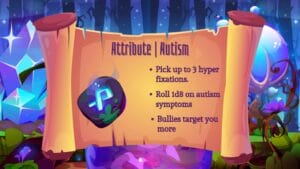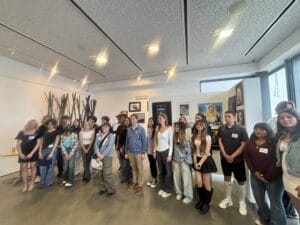What does “college research” actually mean? Before this summer, I thought it was just a buzzword — something tour guides bragged about and brochures plastered across glossy photos. Then I spent ten weeks at Argonne National Lab doing high-performance computing research, and it clicked.
I worked on integrating AMD’s GPU library (RCCL) into MPICH, one of the most widely used tools for supercomputing. Translation: I was helping CPUs and GPUs “text” each other more efficiently, the way iPhones and Androids don’t always play nice in group chats. It was confusing at first — alphabet soup acronyms, debugging crashes, navigating huge codebases — but slowly, it turned into one of the most rewarding learning curves I’ve ever had.
What surprised me most is that research isn’t about already knowing everything. It’s about asking questions, making mistakes, and bringing your own perspective — even my ballet background ended up helping me stand out. I still don’t know if I’ll go into academia or industry, but I know this: research is less about having answers and more about being willing to look for them.












